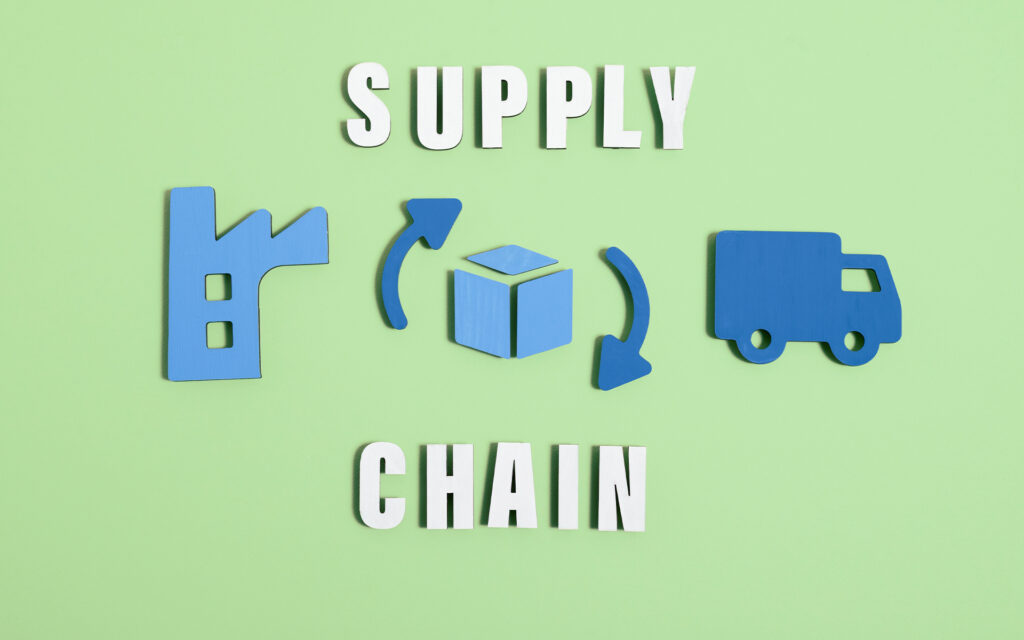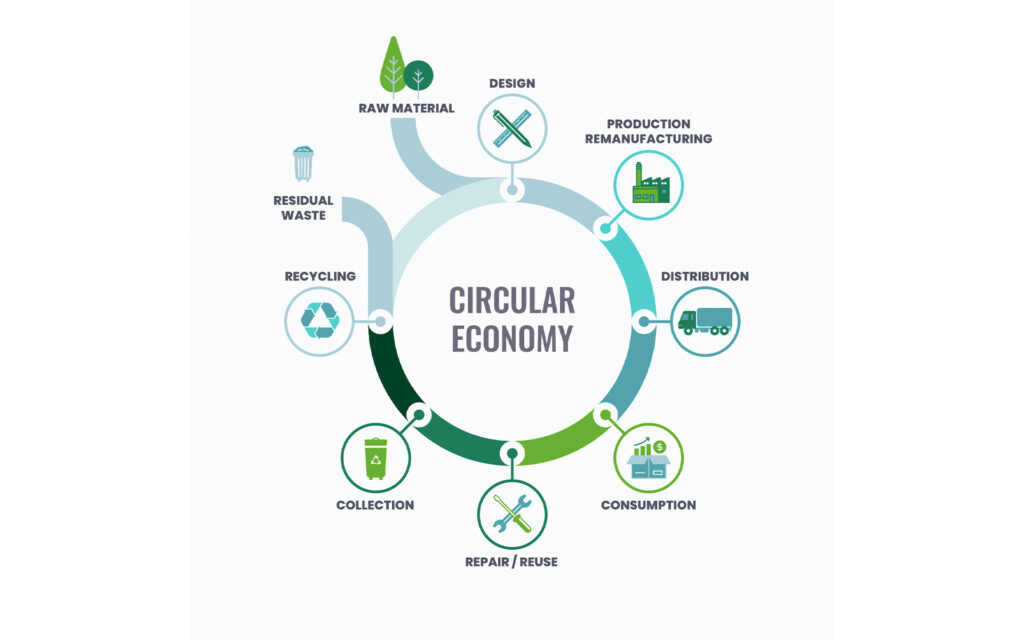The global call for sustainability has placed increasing pressure on businesses to adopt environmentally responsible practices. While large corporations often dominate the conversation, small businesses play a crucial role in driving sustainable transitions.
The Importance of Small Businesses in Sustainability
Small businesses are the backbone of many economies, representing a significant portion of global employment and economic activity. Despite their size, these businesses have the potential to create a substantial impact in driving sustainability. Unlike large corporations, small businesses often have more flexibility and agility to adapt and implement sustainable practices. This ability to act quickly enables them to explore innovative solutions, experiment with new technologies, and pioneer sustainable approaches within their industries.

Localized Supply Chains
One way small businesses can contribute to sustainability is by prioritizing localized supply chains. Unlike global supply chains, which involve complex transportation networks and long-distance shipping, localized supply chains reduce the environmental impact associated with logistics.
- Supporting Local Communities: By sourcing materials and partnering with local suppliers, small businesses contribute to the economic growth of their communities. This approach not only fosters resilience but also minimizes carbon emissions by reducing transportation distances.
- Reducing Carbon Footprint: Localized supply chains decrease the reliance on fossil fuel consumption associated with long-haul transportation. By choosing local suppliers, small businesses can significantly reduce greenhouse gas emissions and mitigate the environmental impact caused by long-distance shipping.
- Enhancing Transparency and Traceability: By working closely with local suppliers, small businesses can ensure transparency and traceability throughout the supply chain. This transparency enables them to monitor and verify the sustainability of their raw materials, promoting ethical sourcing practices.

Total Control of the Manufacturing Process
Small businesses can also make a difference in sustainability by maintaining total control over the manufacturing process. Unlike outsourcing production to external entities, having in-house manufacturing provides greater control and accountability, leading to more sustainable outcomes.
- Designing for Sustainability: Small businesses can integrate sustainability into the design phase of their products. By considering eco-friendly materials, energy-efficient processes, and recyclability, they can create products with a smaller environmental footprint.
- Waste Reduction and Recycling: Having control over manufacturing allows small businesses to implement waste reduction strategies and efficient recycling programs. By optimizing material usage and reusing or repurposing waste, they minimize the amount of waste sent to landfills and contribute to a circular economy.
- Quality Assurance and Ethical Standards: Total control of the manufacturing process enables small businesses to ensure high-quality products and maintain strict ethical standards. This approach fosters durability, reducing the need for frequent replacements and promoting sustainable consumption patterns.

Small businesses have immense potential to drive sustainable transitions by emphasizing localized supply chains and maintaining total control over the manufacturing process. By choosing local suppliers, they minimize logistical complexities and support local communities. Furthermore, by having control over manufacturing, small businesses can prioritize sustainability throughout the production cycle, from design to waste reduction. Their ability to act quickly and their agility make them powerful agents of change in building a more sustainable future. As we navigate the global sustainability challenge, it is essential to recognize and support the vital role of small businesses in creating a more environmentally responsible and socially conscious world.





